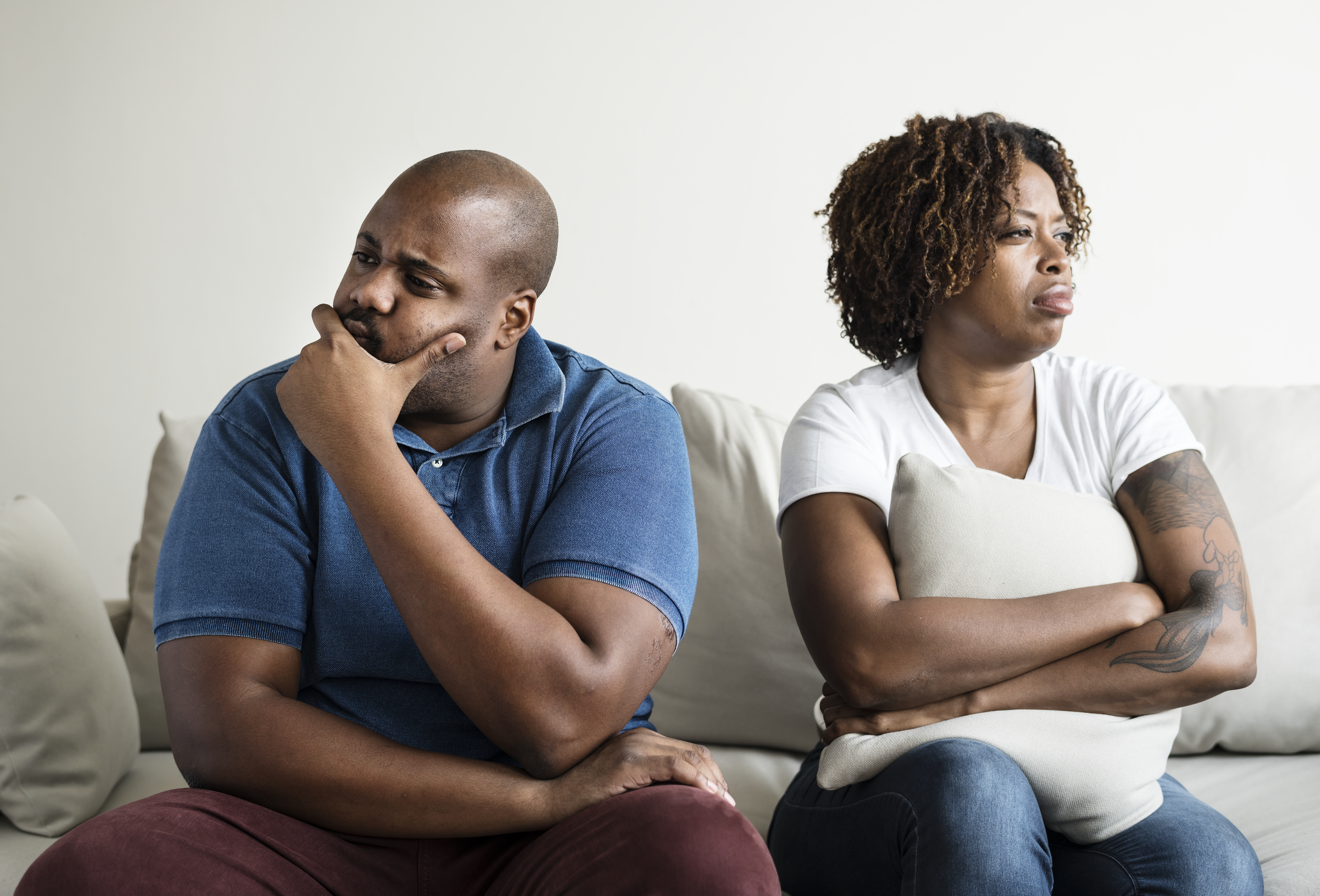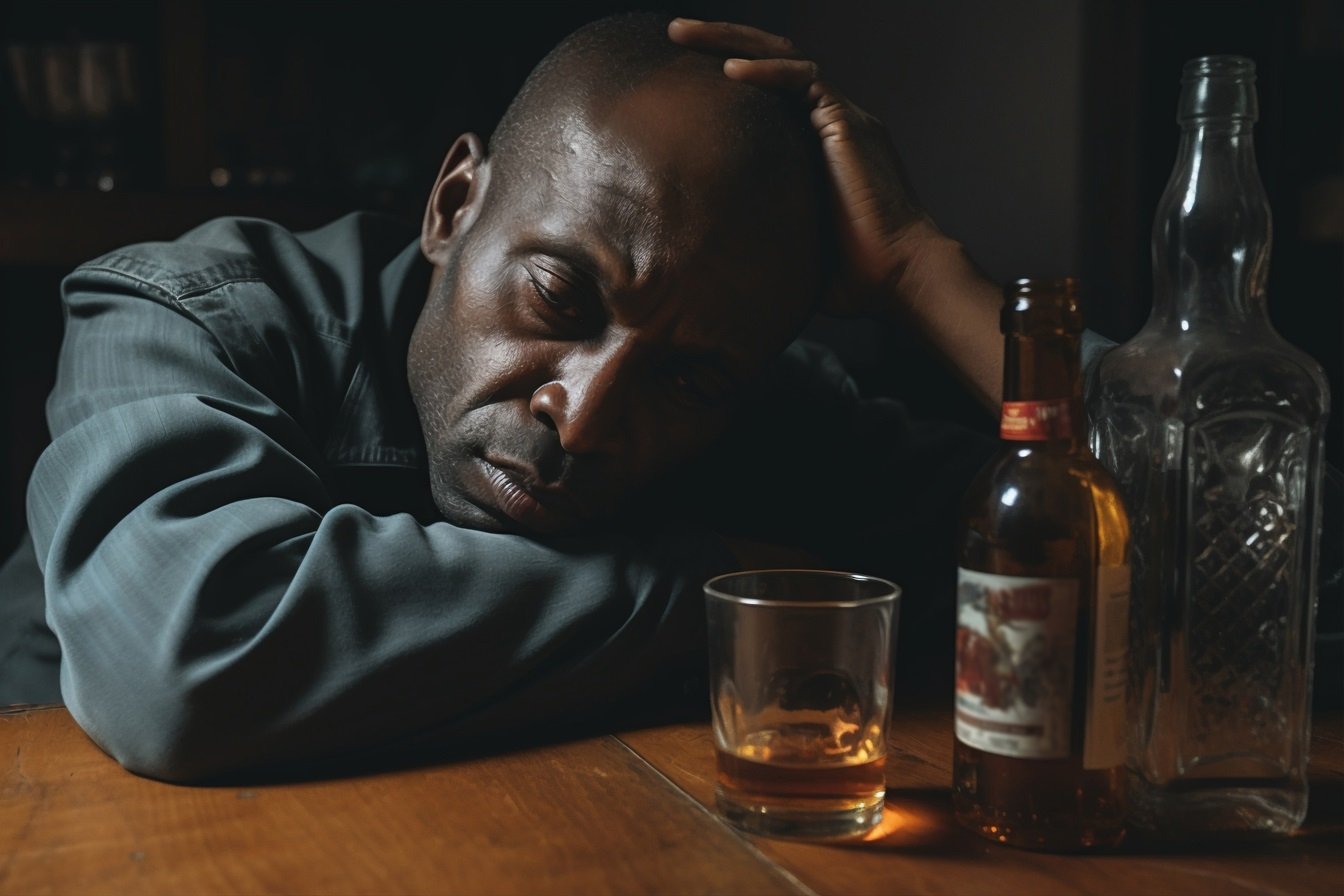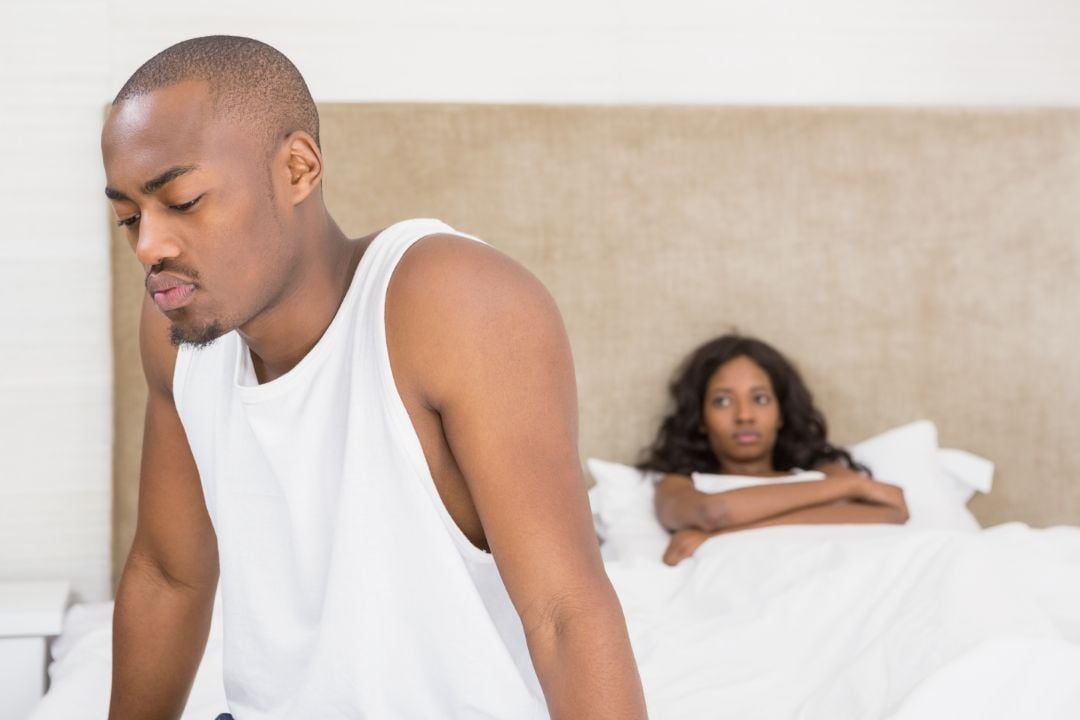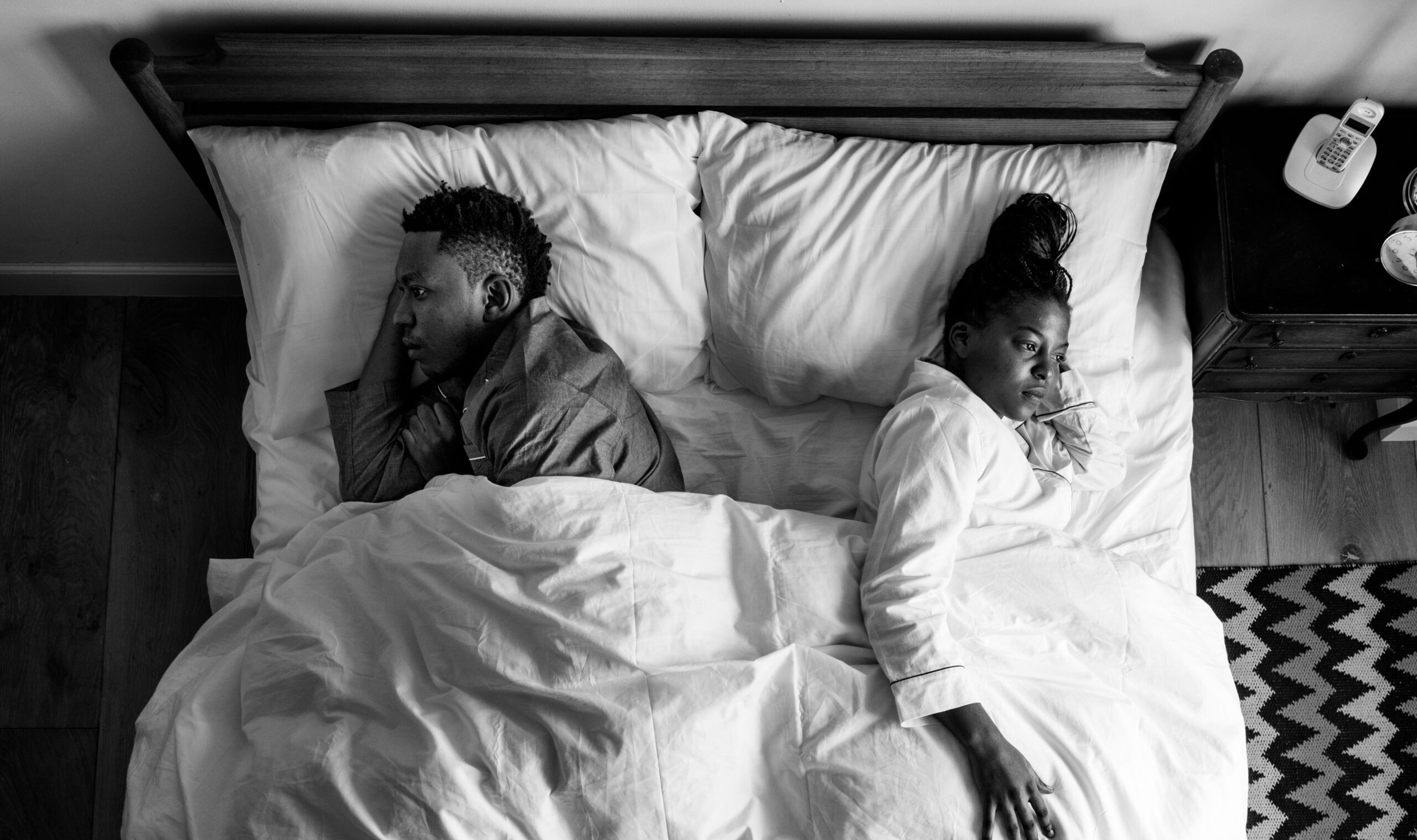Low sex drive can be upsetting as you age and notice your sex urge isn’t as strong as it used to be in your youth.
Men may experience a lack of libido around the age of 40 due to a natural decline in testosterone levels, which can also lengthen the time it takes to get an erection.
What is testosterone?
The male sex hormone testosterone, which is mostly produced in the testicles, is important for regulating male libido. Although in considerably lesser amounts, testosterone is also present in women.
- Male sex organs
- Body hair
- Muscle
- Deepening voice
- Sperm
- Red blood cells
Signs of low testosterone
Low testosterone levels can influence health and cause symptoms that have an immediate impact on sexual performance, such as:
- Low sex drive
- Having trouble obtaining or keeping an erection
- Lower sperm count
The following are other signs of low testosterone:
- Hot flushes
- Depression
- Irritability
- Inadequate focus
- Muscular mass loss
- Gaining weight
Does low libido result from low testosterone?
Male testosterone levels typically reach their peak in the late teens, and the early decline has little to no physical impact before the age of 30.
While high enough to be detected, a man’s testosterone levels decline by around 1% annually between the ages of 30 and 40; the consequences are rarely of concern.
However, after the age of 40, males may experience a decreased libido due to additional declines in testosterone levels.
Additional Causes of low sex drive
An older man may experience a lack of libido for a variety of reasons aside from decreased testosterone levels.
Low sex drive is frequently caused by psychological causes, such as stress, worry, low self-esteem, and depression.
If you’re concerned about your libido, it’s worthwhile to give up habits like:
- bad diet
- Smoking
- Inadequate exercise
- Sleep deprivation
- Alcohol and recreational drug abuse
A decreased libido can also be caused by underlying medical disorders such
- Diabetes
- High blood pressure
- An underactive thyroid
Antidepressants, antipsychotics, and medications for seizures are just a few of the drugs that can have an impact on your sexual desire.
Make sure you look at the medication’s informational leaflet to see if decreased libido is indicated as a side effect.
Libido and age
Loss of sexual desire can, of course, be a sign of more serious relationship issues, but it isn’t always a sign that there is a serious issue.
Numerous factors, including stress, exhaustion, illness, medicine (such as the pill for birth control), drugs and alcohol, hormones, and ageing, can alter sexual desire. Additionally, it varies from person to person and fluctuates throughout a lifetime.
How to increase libido
You may increase your libido in a variety of ways, which enables you to enjoy satisfying sex at any age.
Implement the following suggestions on how to improve your sex life:
- Consume aphrodisiac foods like avocado, watermelon, oysters, cocoa, and maca powder.
- Spend time developing closeness and talking with your partner about your emotional needs.
- Spend some time in meditation to relieve tension.
- Adopt a balanced diet.
- Exercise regularly; yoga, tai chi, and brisk walking are all beneficial for both your physical and mental well-being.
- Be careful to get enough sleep by napping when you can and following a regular nighttime schedule.
- Consult your doctor, who can provide medication advice, if necessary.
Although it is not always true, it is believed that women have a harder time getting in the mood for sex than males.
One explanation for this is that males create significantly more testosterone, which gives them a stronger impulse to want sex on the spur of the moment.
If you or your partner no longer feel the desire to engage in sexual activity, you may discover that if you begin to engage in foreplay and engage in some sexual activity with your partner, your desire may begin to return.
But if you hold off on having sex until a strong, spontaneous desire returns, you can end yourself waiting a very long time.
How to improve sex desire
Put up the effort to enjoy a nice activity together.
To escape the daily grind and reconnect with your playful side, go on a date or even take a weekend trip away from all the chores and rituals.
Break free from your routines and comfort zone.
Try new things together, as individuals, and in other areas of your life (not just sexual). It might arouse desire when you can see that your spouse has new and distinct characteristics. This shows that there is still more to learn about them.
Take some time for yourself.
The saying “absence makes the heart grow fonder” is true.
Plan for a sex date
You might be shocked at how much of a turn-on planning sex can be, despite the fact that it may seem unromantic and unnatural to do so. If the thought of sex makes you uncomfortable, consider having sex without touching. This will give you both the flexibility to experiment and try new things.
Communicate with each other.
Discuss the methods you use to prepare yourself for sex. Learn about yourself, your likes and dislikes, and the things that make you feel more at ease and connected to your spouse. Is there anything your partner may reasonably do to adjust their behavior so that it benefits both of you?
Conclusion
Couples may experience a difficult and distressing problem with loss of sexual desire, and in certain circumstances, it may be worthwhile to consider obtaining specialized psychosexual treatment to address it.
It is also a good idea to consult your GP for discreet guidance since the loss of desire could also be a sign of another medical problem.






